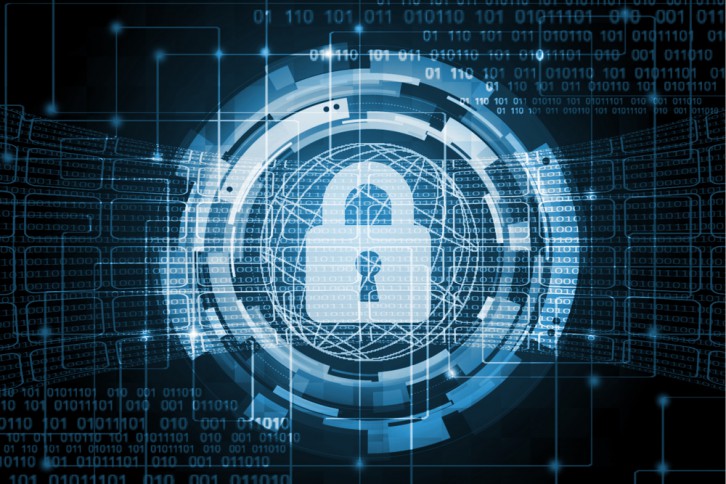As the threat of cybercrime intensifies, know the basic steps to safeguard your data and assets.
In 2017 alone, more than 143 million Americans were affected by cybercrimes, a jump of 30 percent from 2016.1 With cybercrime on the rise, it is more important than ever to protect your personal information.
Whether it’s strengthening your passwords or treating emails from unknown senders with more caution, you can take a number of steps to reduce your risks. Here’s a checklist of some suggested safeguards.
Software and Your Online Security
- Keep your software, operating system and browser up to date. Software companies continuously add security updates along with every upgrade released. Installing updates as soon as they are released can help you better inoculate your devices against malicious software, or malware.
- Set up Multi-Factor Authentication to log in to any website or application you use for financial transactions or that contain your personal data. Multi-factor authentication is essentially another way—beyond your username and password—to help verify your identity and further safeguard your information. This can take the form of a push notification to your mobile phone or a one-time security code sent to you.
- Run a reputable, American anti-virus product on your home PC or laptop. This will also help prevent your device from becoming infected with malware.
Cybersecurity in Public Environments
- Avoid using public Wi-Fi hotspots—like the ones at coffee shops, airports, hotels, etc. If you do use a public Wi-Fi hotspot, be sure to use a Virtual Private Network (VPN) so that others cannot intercept your communications. As an alternative, stick to the mobile network and create a personal Wi-Fi hotspot with your phone.
- Don’t click on links or open attachments in unsolicited emails or text messages. Doing so may install malware on your device.
- Don’t use publicly available charging cords or USB ports to charge your devices. Publicly available power outlets are generally fine, but avoid using publicly available cords or ports. These can be used to deliver malware onto your phone or to silently steal data off of your phone.
Daily Online Activities
- Don’t reuse the same username and password across multiple websites and applications. If you reuse the same username and password and a hacker gains access to one of your accounts, he/she may be able to access your other accounts as well.
- Consider using a password manager. These apps create unique, complex passwords for you and then store those passwords in a cryptographically sound way.
- Create and save bookmarks for the important banking and brokerage websites that you visit often to avoid inadvertently entering your credentials on a fraudulent site.
- Only download applications from Google Play™ or the App Store® and never from a third-party app store. Third-party app stores, or apps that pop up and encourage you to download them, are much more likely to contain malware.
- Only give applications the permissions they really need. Granting an application access to your photos, location, camera, contacts, etc., makes your data and information available to the application owner.
- Limit how much information you share on social media, and lock down the privacy settings on your social media accounts. The information you share online could be exploited to gather information for fraud schemes.
- Verify that you are using a current and reliable email provider that has basic, built-in security features. Using an older email account that has not incorporated security protections will greatly increase your likelihood of getting malware.
Tools to Combat Cybercrime
1 2017 Norton Cyber Security Insights Report United States Results, Norton by Symantec. 106.6 million Americans were affected by cybercrime in 2016. https://www.symantec.com/content/dam/symantec/docs/about/2017-ncsir-united-states-results-en.pdf

